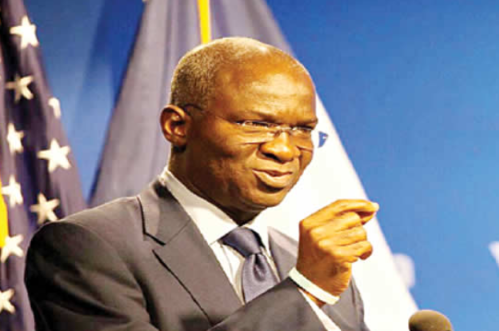The UK has taken a bold step to tighten its immigration system by removing more than 100 occupations from its foreign recruitment list. This sweeping policy change, set to take effect from late July 2025, marks a decisive shift in how Britain manages work visas.
Under the new rules, recruiting foreign workers for roles like chefs, plasterers, administrative staff, creative professionals, and certain care positions will no longer be allowed. Employers hiring from abroad must now prioritize jobs at a graduate level or higher, signaling a country-wide push to shift reliance toward local talent. Applicants for these delisted roles will no longer qualify for sponsorship unless they fall under a newly created, time-limited “Temporary Shortage List,” which comes with stricter conditions.
Visa requirements are getting tighter, too. The salary threshold for the Skilled Worker visa jumps to £41,700, and in some cases even higher—especially for senior transfers—making recruitment costlier and more exclusive.
Care sector employers face dramatic changes. The UK has closed the door to new overseas applicants for care worker roles. Existing international care workers can still switch visa types from within the UK, but this transition is limited to a narrow window through mid-2028.
The newly introduced Temporary Shortage List allows limited immigration access to some non-graduate roles crucial to infrastructure and strategy sectors. However, roles in this list come with reduced privileges—no visa fee discounts, no dependent sponsorship, and restricted access through 2026 unless extended by an independent review.
These reforms are part of a broader strategy to reduce net migration, restore order to the visa system, and encourage domestic workforce development. Authorities emphasize the need for all sectors to ramp up in-country training and skills development—missing that, they may lose access to future visa routes entirely.
Some voices warn that these rapid changes may jeopardize industries like care and hospitality and create uncertainty for employers and foreign workers alike. Without sufficient transition planning and support, the tighter rules risk disrupting ongoing operations and plans.
In summary, the UK is embarking on what its leaders call a “complete reset” of migration policy—shifting away from foreign labor toward domestic talent, tightening visa criteria, and placing the onus on employers to invest in local skills. The coming months will test whether this bold gamble strengthens the economy—or strains sectors already facing labor shortages.
















